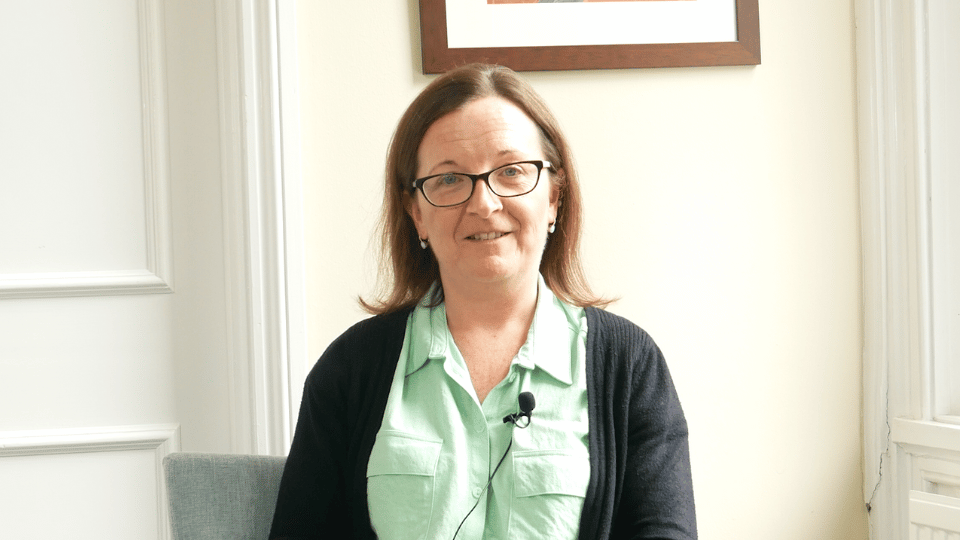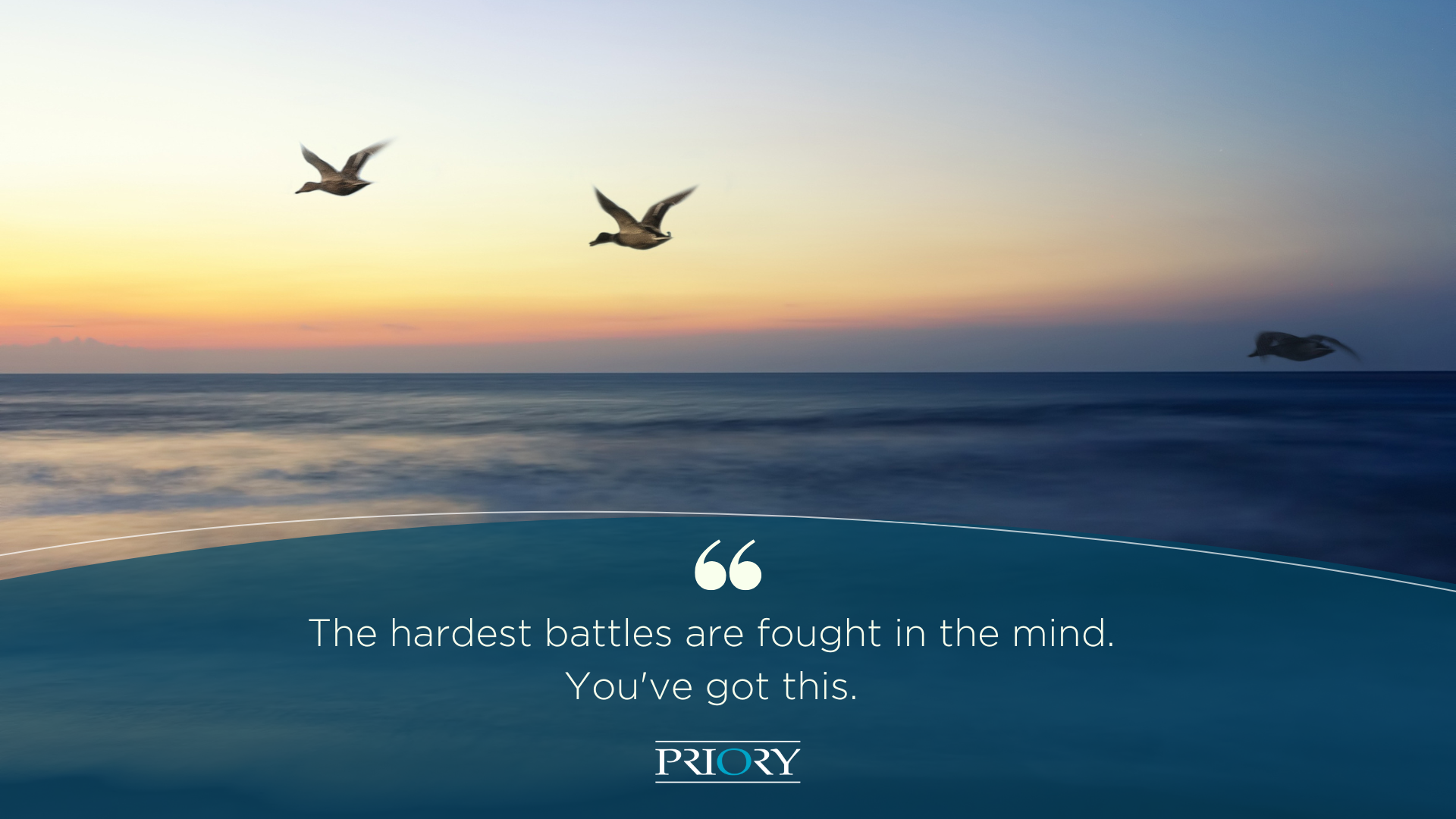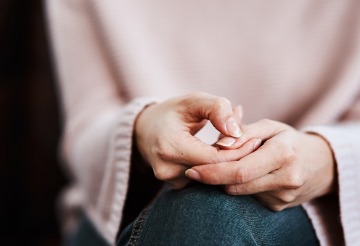


What happens when rehab ends?
Getting through addiction treatment is a huge achievement and you should be proud of yourself. Entering a treatment facility can be daunting as you might not know what to expect from rehab, what your daily activities will be, or how you'll cope with such big life changes.
However, the work doesn’t end when you leave treatment. Addiction recovery is a lifelong process and it’s something you’ll have to maintain in order to live a life free from addiction.
Here, we outline what you can expect when leaving addiction treatment, and provide tips on how you can maintain your recovery for the rest of your life. Have confidence in yourself – you can do this and you’ve already come so far.
What to expect when leaving rehab
Discharge plan
Before you leave one of our addiction treatment centres, you’ll develop a discharge plan with your consultant and therapy team. This will be tailored to you, and will involve tangible goals for you to focus on, as well as a contingency plan if you’re struggling.
We’ll also provide you with details of the aftercare services that are available to you.
In our experience, the first aftercare group post-discharge is the most important. People that attend the first aftercare group following discharge are more likely to continue to attend and therefore, more likely to live a life free from addiction.
Mixed emotions
It’s normal for you to feel a mixture of emotions when you leave treatment. You might feel nervous about returning home, but also excited about starting your new life in recovery and seeing your loved ones again. You might also feel a bit ‘up and down’ in the days leading up to your discharge. All of these feelings are entirely normal so don’t worry.
An adjustment period
When you leave rehab and return home, it’s important to understand that things won’t go back to normal straightaway. There will be an adjustment period while you find your feet.
Family and friends that may have been hurt by your addictive behaviours may need some time to rebuild their trust in you. You may need to find a new job or complete a return to work process. You’ll also likely need to change entire aspects of your life to make sure you don’t fall back into old habits.
It'll take time to get back to where you were before addiction took hold – just be patient and take each day as it comes. This is where attendance at your aftercare is vital. Utilising your aftercare support groups to cope with this adjustment period will help immensely.
Accept that there will be temptations
You’ll need to be prepared to be met with temptations as you return to the ‘real world’. However, you’ll be able to use all the tools you learned during addiction treatment to help you navigate these temptations and move past them in a healthy way.

How to maintain long-term addiction recovery
If you become complacent following addiction treatment, this can lead to relapse. Research shows that relapses are more likely to happen in the first 6 months after treatment. That’s why it’s so important to get into good habits as soon as you leave rehab, to reduce the chances of this happening to you.
Make use of aftercare services
Our addiction treatment centres offer 12 months of free aftercare following inpatient addiction treatment.
Our aftercare packages may include weekly meetings, alumni events, one-to-one therapy, relapse prevention techniques and family support. It’s really important that you make every effort to engage with these services as they can keep you on the right track, support you in your ongoing recovery and reduce the chances of you relapsing. It’s also a great way to keep in touch with some of your peers and surround yourself with people who know exactly what you’re going through.
Attend 12-step fellowship groups
As well as aftercare, it's strongly recommended that you attend 12-step fellowship meetings. These might include Alcoholics Anonymous (AA), Narcotics Anonymous (NA) and Cocaine Anonymous (CA).
Recognise your triggers
Make sure you’re mindful of what your addiction triggers are. These might be psychological things like stress, or environmental things like being around certain people and places. Make sure you’re aware of how you’re feeling, prioritise your wellbeing and know when to seek help.
Learn to say 'no'
It’s important that you stay away from places where you used to drink, take drugs or engage in other addictive behaviours like gambling. Be selective over who you socialise with – you’ll know when someone will be a positive asset in your recovery journey and when they won’t.
Also, don’t be afraid to change your mind. If you’ve said that you’ll attend an event but don’t feel up to it, it’s OK to say you can’t go. You need to connect with your gut instinct and be able to recognise what’s good for your recovery and what’s not.
Embrace new hobbies
The world really is your oyster when you’re free from addiction. You could use this opportunity to take up a new hobby or learn a new skill. For example, you could join a book club, volunteer for a cause you’re passionate about, or learn a musical instrument. All of these activities can increase your self-esteem and give you purpose and enjoyment. They can also help you to create a new social circle and embrace fun activities that aren’t associated with alcohol, drugs, or any negative behaviours that once filled your life.
Practise self-care
You owe it to yourself to practise self-care in your addiction recovery journey. Make sure you eat healthily, drink plenty of water, exercise and try to get enough sleep at night.
Also, try to do something you enjoy every day. This might be having a hot bath, reading your favourite book or going for a walk.
Get help if you need it
With the best will in the world, relapses can happen. You’re only human and you shouldn’t beat yourself up about it if you do experience a relapse. Relapsing doesn’t mean you’ve failed – it should be viewed as an opportunity to learn and grow. At Priory, we can help you get yourself back on track following a relapse, so don’t hesitate to reach out and contact your addiction therapy team.



